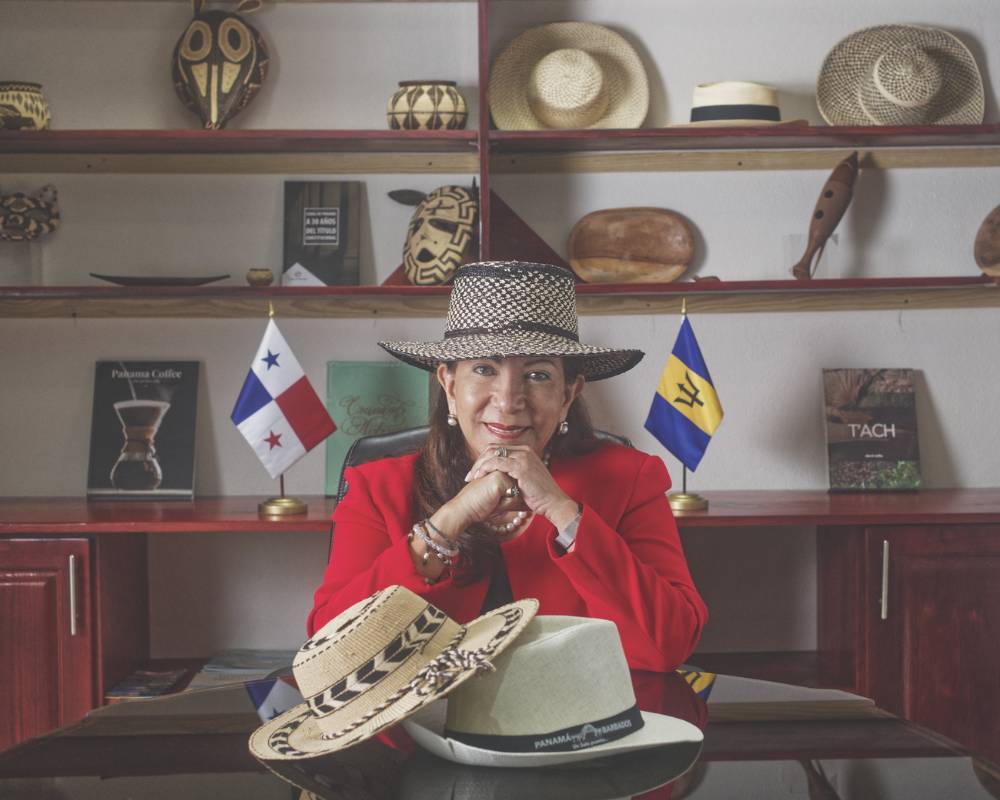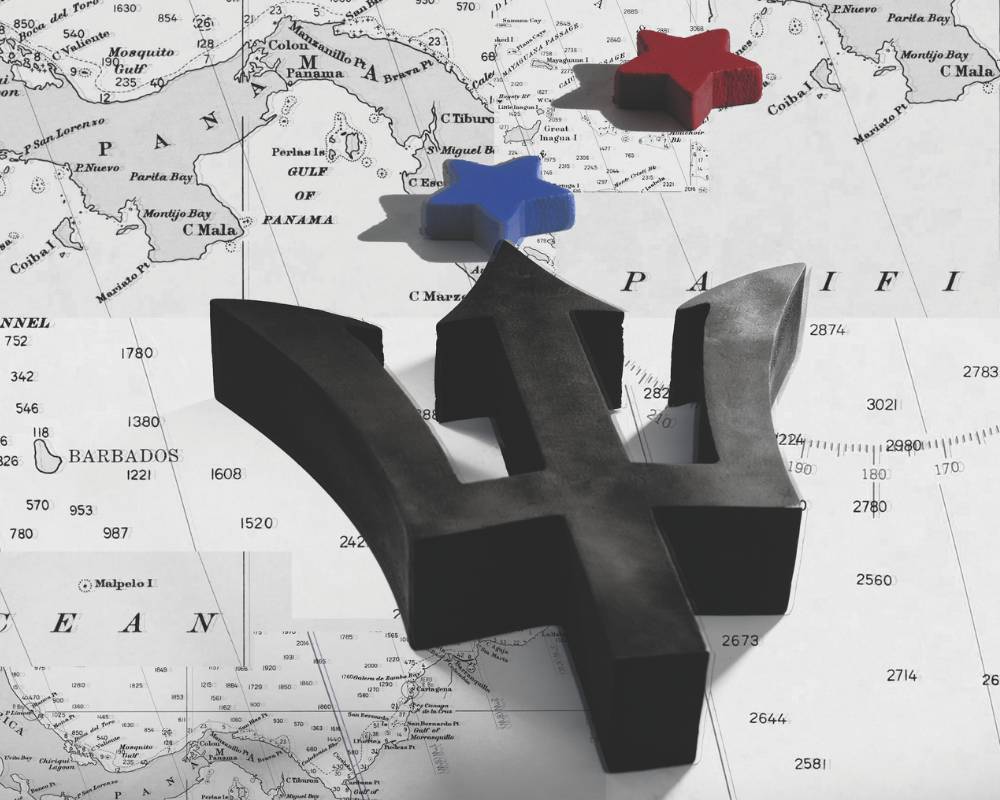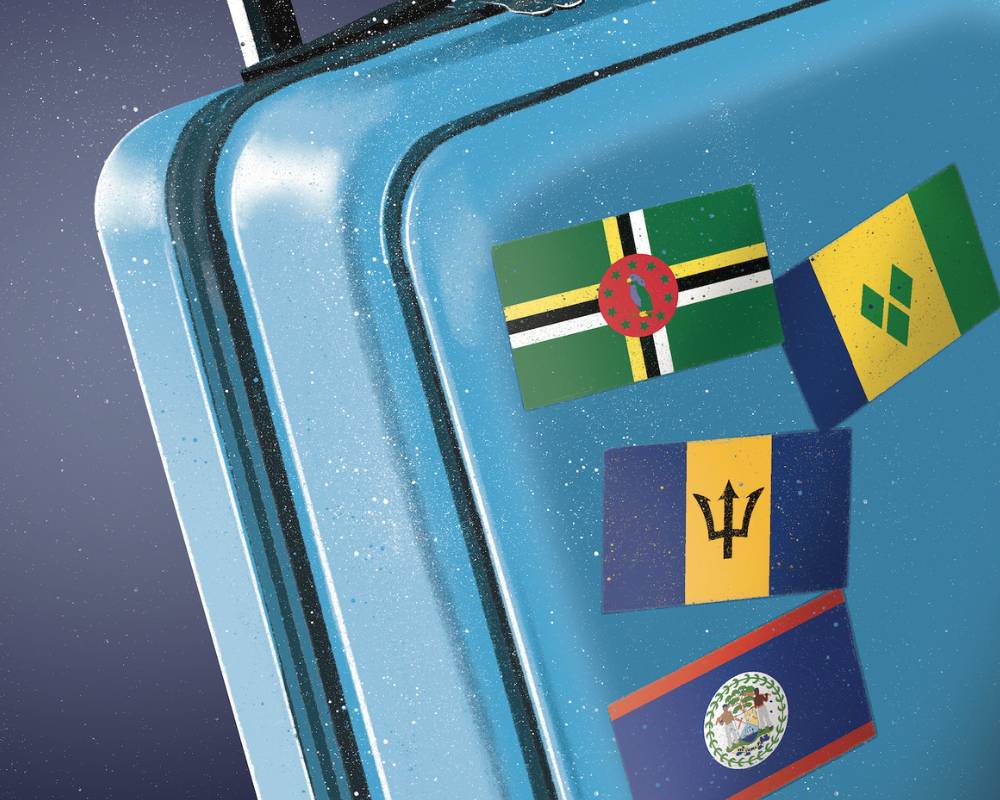-33.jpeg)
While Barbados has been making a splash in diplomatic circles in Africa, over the past few years, Amanda and I have been on our own discovery missions in Ghana. Between us we spent over four years living and working there. Amanda provided international tax services to multinational companies investing in West Africa, as well as to local Nigerian and Ghanaian companies expanding into new territories. I was on a secondment to the PwC People & Organisation and Government & Public Sector teams. It’s with that backdrop that we feel well placed to share our views on the opportunities for South-South collaboration, and how to navigate the potential challenges.
Barbadian Expertise in Solar Power
Within a few weeks of arriving in Ghana, visitors may hear the term “dumsor dumsor”, which translates to “off-and-on, off-and-on” or load shedding by the local power company. However, they are not likely to experience any major disruptions from the unpredictable power outages, since most commercial buildings, hotels, and middle class homes have back up diesel generators. This is an ESG conundrum, since most of Ghana’s power comes from hydroelectric dams. Therefore, a significant proportion of the climate gains from using renewable power generation is eroded due to system outages. For Ghana, with an average of 2,377 hours of sunlight per year (Barbados averages 3,000 hours per year), solar power could be a sustainable alternative.
In Barbados, we are spoilt for choice and ahead of our island neighbours in the use of solar power, especially for water heating. According to Solar Heat Worldwide 2022, Barbados was ranked number one in the world for market penetration per capita with 600 kWth/ 1,000 inhabitants, compared to Cyprus, the next highest at 461 kWth/ 1,000 inhabitants. We have the expertise and can leverage successful and mature business models. However, new market entrants to Africa will face the key challenge of achieving competitive pricing. The solution may be to leverage lower cost imports from China and add value in the system design.
African Expertise in Mobile Money – Fintech for Financial Inclusion
Africa has a headstart on Barbados in the Fintech space, especially in mobile money, a one trillion USD industry. According to Statista, Sub-Saharan Africa accounted for more than 66% of the value and 61% of the volume of global mobile money transactions in 2019. That share of the market rose to 65% in 2021, and is still growing. It fills a critical gap in the financial sector for people who have been excluded from traditional banks and financial institutions due to their geographic location and/or inability to meet the account opening criteria. These may include socioeconomic status, age and gender (with women and youth being disproportionately disadvantaged), lack of proof of address, nationality, residency, etc. Mobile money has allowed this segment of the population to save, make and receive payments, apply for loans and invest in their future. Users benefit from easy registration, quick access, user-friendly and simple interfaces, low transaction fees, instant payment, and wide acceptance and interoperability across networks, on both smart phones and feature phones.
The growth in mobile money has both facilitated and benefited from the growth of the Micro Small and Medium- Sized Enterprises (MSME) sector in Sub-Saharan Africa. This sector is critical for economic growth on the continent, since it is responsible for over 80% of all jobs and is driving the creation of the most new jobs every year. However, due to the informal nature of most MSMEs, they are highly vulnerable to systemic shocks, as the pandemic demonstrated. Nevertheless, according to a 2022 report by IFC, MSMEs with integrated mobile and digital payments were able to accelerate their growth.
Our progression in Fintech has accelerated too, with the Barbados government undergoing major digitalisation over the past couple of years. This combined with our stellar reputation as a safe and well-regulated jurisdiction, and our access to talent, capital and demand, are some of the key drivers for us to become a best-in-class Fintech hub of the future. But, we can still learn a great deal from Africa and should look to the Continent for their expertise and successes to ensure we stay on the path to meeting our ambition of becoming the next global Fintech hub.
Barbados as a Research & Development (R&D) Hub
Rapidly changing technology and geoeconomics have seen a reduction in the traditional operating model of a centralised R&D centre located in the same country as the company headquarters. Emerging instead are models that incorporate a network of R&D hubs in various markets across the globe. This enables multinationals to lower costs of development and tap into skilled resources that exist in new markets.
Barbados has the ability to offer African based multinationals an attractive location for the development of intellectual property and benefit from a skilled workforce, a highly competitive tax regime (including corporate income tax rates of up to 5%), a stable currency and a robust regulatory framework.
Travel visa requirements imposed by transit jurisdictions have historically impeded global mobility and by extension business relations between the two regions. However, Memorandums of Understanding recently signed with Ghana and Rwanda pave the way for direct flights between African nations and Barbados significantly reducing travel time and cost. This enables truly visa-free travel to Barbados.
It is of note that Barbados is one of the few countries that currently welcome visa-free travel with African nations including Nigeria, Ghana and Rwanda. This further lowers the barrier of entry for international expansion with Barbados as a key component in the value chain.
Opportunities for Growth
African economies experienced rapid growth prior to the pandemic. In 2020, seven out of ten of the world’s fastest growing economies were in Africa. Although the impact of COVID-19 and subsequent global economic downturn has interrupted the rate of growth of African economies, it is expected that many African countries should still outperform the rest of the world into the post-pandemic period.
Barbados is a relatively small island. As such, extensive growth can only be achieved for our local businesses by looking beyond our borders. Africa, with its combined GDP of 2.9 trillion USD and a population of 1.4 billion, offers Barbadian businesses exciting new market opportunities.
For such potential to be realised, African nations will need to significantly improve the ease of doing business for non-nationals. The World Bank ranks only two African countries (Mauritius and Rwanda) within the top 50 for ease of doing business. However, other territories in the region are making steps toward improvement. Zanzibar has recently launched a public-private initiative, Silicon Zanzibar, that streamlines the work visa process for skilled tech workers and provides tax exemptions for investment. Further, Silicon Zanzibar aims to build infrastructure to enable foreign tech companies to operate with ease from modern facilities. To fully capitalise on the potential of the continent, more African nations need to embark on such investment initiatives that go beyond tax exemptions and include greater reduction of the administrative and infrastructural barriers to doing business.
Of course the relationship between Barbados and Africa, specifically countries in West and East Africa, isn’t new. But it is only now that those relations have reached a new milestone to help deliver on a mutual ambition of providing citizens with real economic benefit. The scope of opportunities for all involved is nothing short of exciting. When you consider how small Barbados is in size and economy, it’s truly remarkable that year on year it demonstrates its prominence and agility as best-in-class to the world.






-2.png)









